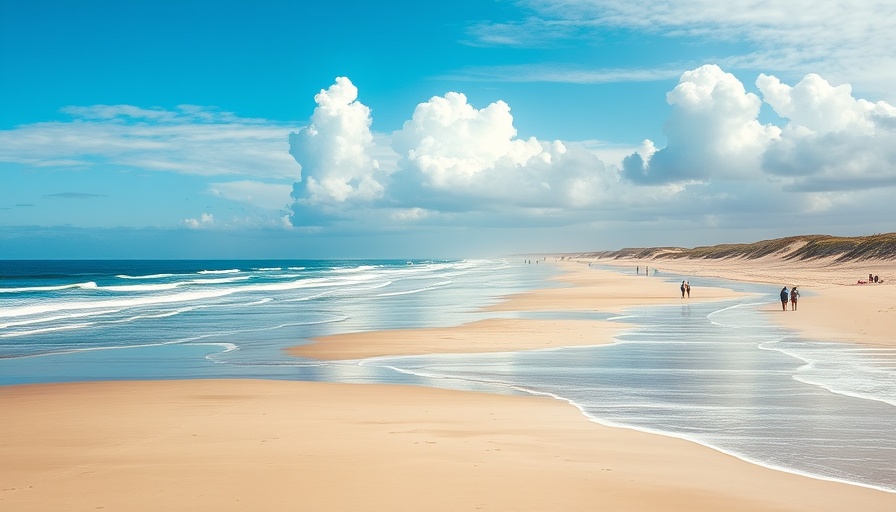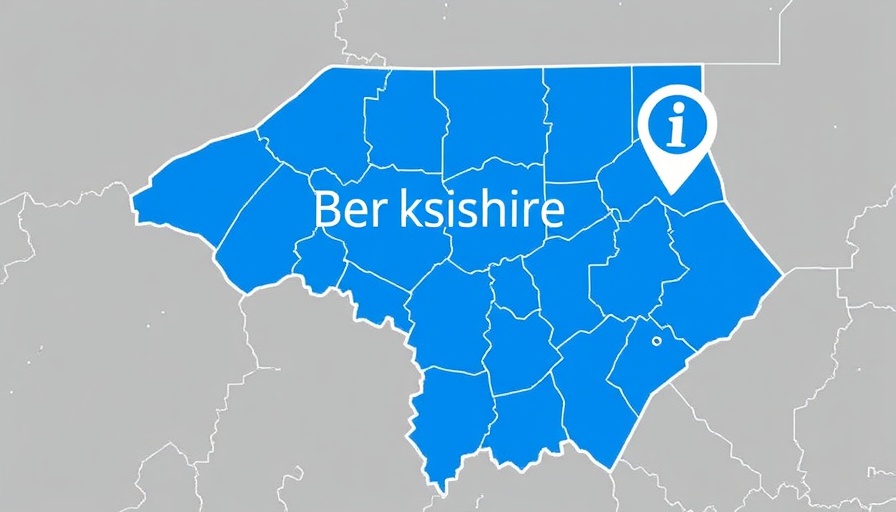
Beach Closures in Massachusetts: What You Need to Know
As summer heats up, it's essential to stay informed about beach conditions in Massachusetts. Three beaches, including the popular Walden Pond State Reservation, are temporarily closed due to health concerns.
Why Are Beaches Closed?
The Massachusetts Department of Public Health (DPH) has determined that some beaches are unsafe for swimming due to elevated bacterial levels in the water. The main beach at Walden Pond is closed for the entire summer as renovations for a new bathhouse take place. Meanwhile, Old Maid’s Park and North Pond Beach are closed due to high bacteria counts, which can arise from various sources like storm run-off, malfunctioning septic systems, or wildlife waste.
The Importance of Water Safety
Swimming in contaminated water can lead to several health issues, ranging from gastrointestinal symptoms such as nausea and vomiting to respiratory problems and even skin irritations. As residents and visitors in Massachusetts, understanding the health risks associated with swimming in potentially unsafe waters is essential for protecting ourselves and our families.
What Happens During a Beach Closure?
When bacterial exceedance occurs, the DPH conducts laboratory tests which typically take about 24 hours for results. If the results show safe levels, the beach will reopen; however, closures can last several days if levels remain high. While beaches are closed for swimming, they remain open for non-water activities like sunbathing, playing beach volleyball, or picnics.
How to Stay Informed and Safe
Residents can keep updated by checking online resources for the current status of beaches. Following heavy rainfall, it's particularly crucial to refrain from swimming, as runoff can carry harmful bacteria into the ocean. Look for signs indicating whether a beach is open for swimming or other recreational activities. Protect the environment and maintain clean beaches by picking up trash and dog waste to minimize pollution.
Ways to Enjoy Massachusetts Beaches Safely
Even with some beach closures, there are many activities to enjoy! Families can take advantage of the stunning natural areas by participating in games, conducting nature walks, or simply relaxing under the sun. Moreover, practicing safe habits while out in nature, like proper waste disposal and monitoring personal health, helps keep our environment pristine for everyone.
Conclusion: Stay Safe and Enjoy Your Summer
Despite the closures, Massachusetts beaches remain a vibrant part of summer fun. By staying informed about beach safety and making responsible choices, you can still enjoy one of life's simplest pleasures–a day by the water.
 Add Row
Add Row  Add
Add 




Write A Comment